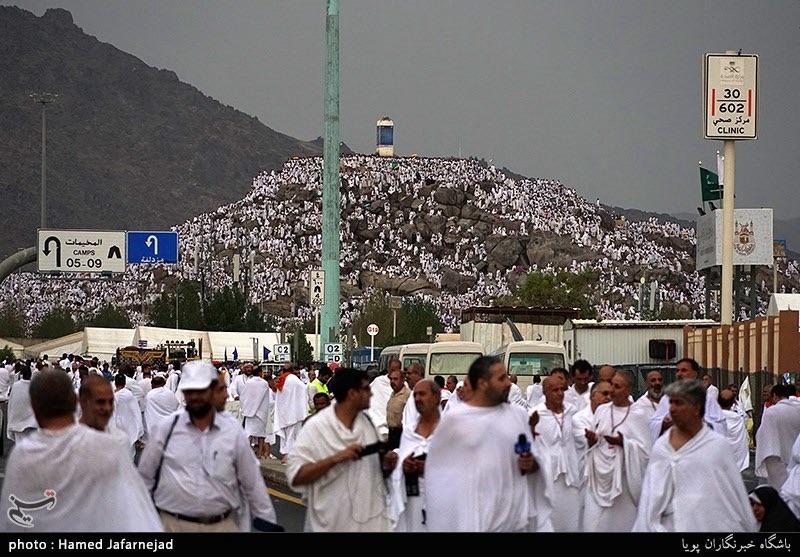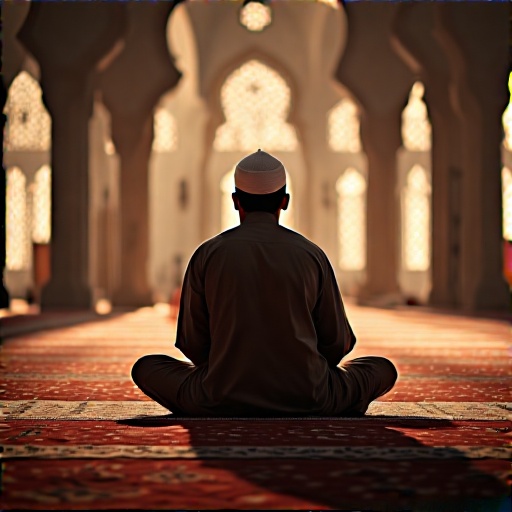Dhul Hijjah, the twelfth month of the Islamic lunar calendar, is a time when the air itself seems charged with divine mercy. As one of the four sacred months ordained by Allah, it offers believers a unique convergence of worship, reflection, and communal unity. From the pilgrimage of Hajj to the ritual of Qurbani (sacrifice), Dhul Hijjah encapsulates Islam’s profound emphasis on submission, gratitude, and shared humanity.
“Indeed, the number of months ordained by Allah is twelve—in Allah’s Record since the day He created the heavens and the earth—of which four are sacred.”
(Quran 9:36)
The Significance of Dhul Hijjah in Islamic Tradition
Dhul Hijjah derives its name from the Arabic word hajj, reflecting its intrinsic link to the annual pilgrimage. The first ten days of this month are among the most virtuous periods in Islam:
“There are no days on which righteous deeds are more beloved to Allah than these ten days.”
(Sahih Bukhari 969)
These days culminate in Eid al-Adha, the “Festival of Sacrifice,” which commemorates Prophet Ibrahim’s (AS) unwavering devotion to Allah.
The Prophet Muhammad (peace be upon him) said: “When you see the new moon of Dhul Hijjah, and one of you wants to offer a sacrifice, let him refrain from removing anything from his hair or nails until he has offered the sacrifice” (Sahih Muslim). This prohibition applies only to those intending to perform the sacrifice, and it lasts from the start of Dhul Hijjah until the sacrifice is completed. The wisdom behind this is to keep all parts intact as a form of respect and to emulate the state of Ihram. Family members not offering sacrifice are not bound by this ruling. After the sacrifice, cutting nails and hair is permitted again.
Hajj Piligrimage
Hajj is the annual Islamic pilgrimage to Makkah, performed during the month of Dhul Hijjah, and is one of the five pillars of Islam. It is obligatory for every adult Muslim who is physically and financially able to undertake it at least once in their lifetime. The pilgrimage begins with entering the state of Ihram, a spiritual condition marked by wearing simple white garments and observing strict rules such as refraining from cutting hair or nails, using perfume, and engaging in marital relations.
The main rituals include Tawaf, where pilgrims circle the Kaaba seven times; Sa’i, walking seven times between the hills of Safa and Marwah; standing at the plain of Arafat in prayer and reflection, which is the climax of Hajj; spending the night in Muzdalifah; and performing the symbolic stoning of the devil at Mina. Pilgrims also offer an animal sacrifice (Qurbani) and shave or trim their hair to mark the completion of Hajj. The pilgrimage concludes with a final Tawaf called Tawaf al-Wida before leaving Makkah.
Hajj symbolizes unity, equality, and submission to Allah, offering pilgrims a chance for spiritual renewal and forgiveness of sins.
The Story of Ibrahim (AS) and Ismail (AS): A Legacy of Submission
The Quran immortalizes Ibrahim’s (AS) test of faith:
“And when he reached with him [the age of] exertion, he said, ‘O my son, indeed I have seen in a dream that I [must] sacrifice you, so see what you think.’ He said, ‘O my father, do as you are commanded. You will find me, if Allah wills, of the steadfast.’”
(Quran 37:102)
When Ibrahim (AS) prepared to sacrifice his son Ismail (AS), Allah replaced the boy with a ram, affirming that true devotion lies in intention, not bloodshed. This narrative forms the foundation of Qurbani, a ritual that transcends time and geography to unite Muslims in shared spiritual purpose.
The Spiritual Benefits of Qurbani
Qurbani is not merely a physical act but a symbolic surrender of ego and materialism. The Quran clarifies its essence:
“Their meat will not reach Allah, nor will their blood, but what reaches Him is your piety.”
(Quran 22:37)
Key Benefits Highlighted in Hadith
- Expiation of Sins:
The Prophet Muhammad (PBUH) said:
“For every hair of the sacrificial animal, you receive a reward from Allah.”
(Sunan al-Tirmidhi 1493)
- Charity Multiplied:
Distributing meat to the poor ensures social equity, a pillar of Islamic teachings. - Spiritual Renewal:
The act of sacrifice reminds believers of life’s transient nature and the priority of eternal goals.
Rules and Guidelines for Udhiyah (Qurbani)
The four Sunni schools of jurisprudence agree on Qurbani’s obligation for financially able Muslims but differ slightly in specifics:
Eligibility
- Hanafi: Obligatory for sane, adult Muslims who meet the nisab (wealth threshold).
- Shafi’i, Maliki, Hanbali: Highly recommended (sunnah mu’akkadah).
Animal Requirements
- Types: Sheep, goats, cows, or camels.
- Age: Sheep (6+ months), goats (1+ year), cows (2+ years), camels (5+ years).
- Health: Free from defects like blindness or lameness.
Timing
- Slaughter must occur after Eid prayer on the 10th of Dhul Hijjah.
The Prophet (PBUH) said:
“Whoever slaughters before the prayer, let him repeat it.”
(Sahih Muslim 1960)
Addressing Common Questions
1. Why is Qurbani obligatory only for those who can afford it?
Qurbani balances spiritual duty with financial capability, ensuring no undue hardship (Quran 2:286).
2. Can I donate money instead of sacrificing an animal?
No—Qurbani requires physical slaughter, though donations fund proxies in needy regions.
3. What if I miss the slaughter window?
Late Qurbani is invalid, but one may give charity (sadaqah) to compensate.
4. How should Qurbani meat be distributed?
The Sunni tradition divides it into thirds: family, friends, and the needy.
5. Is Qurbani valid if the animal suffers?
No—Islamic law mandates swift, painless slaughter to honor the animal’s sacrifice.
Key Takeaways and Reflection
Dhul Hijjah invites Muslims to embody Ibrahim’s (AS) devotion through actionable faith:
- Sacrifice Beyond Meat: Surrender greed, grudges, and distractions.
- Global Solidarity: Qurbani bridges continents, reminding us of our shared humanity.
- Lifelong Piety: Let the first ten days inspire a year-round pursuit of Allah’s pleasure.
“So race to [all that is] good.”
(Quran 2:148)
As Dhul Hijjah dawns, ask yourself: What attachments must I sacrifice to draw closer to Allah? Whether through a donated Qurbani or a silenced quarrel, let this month be a catalyst for lasting transformation.







